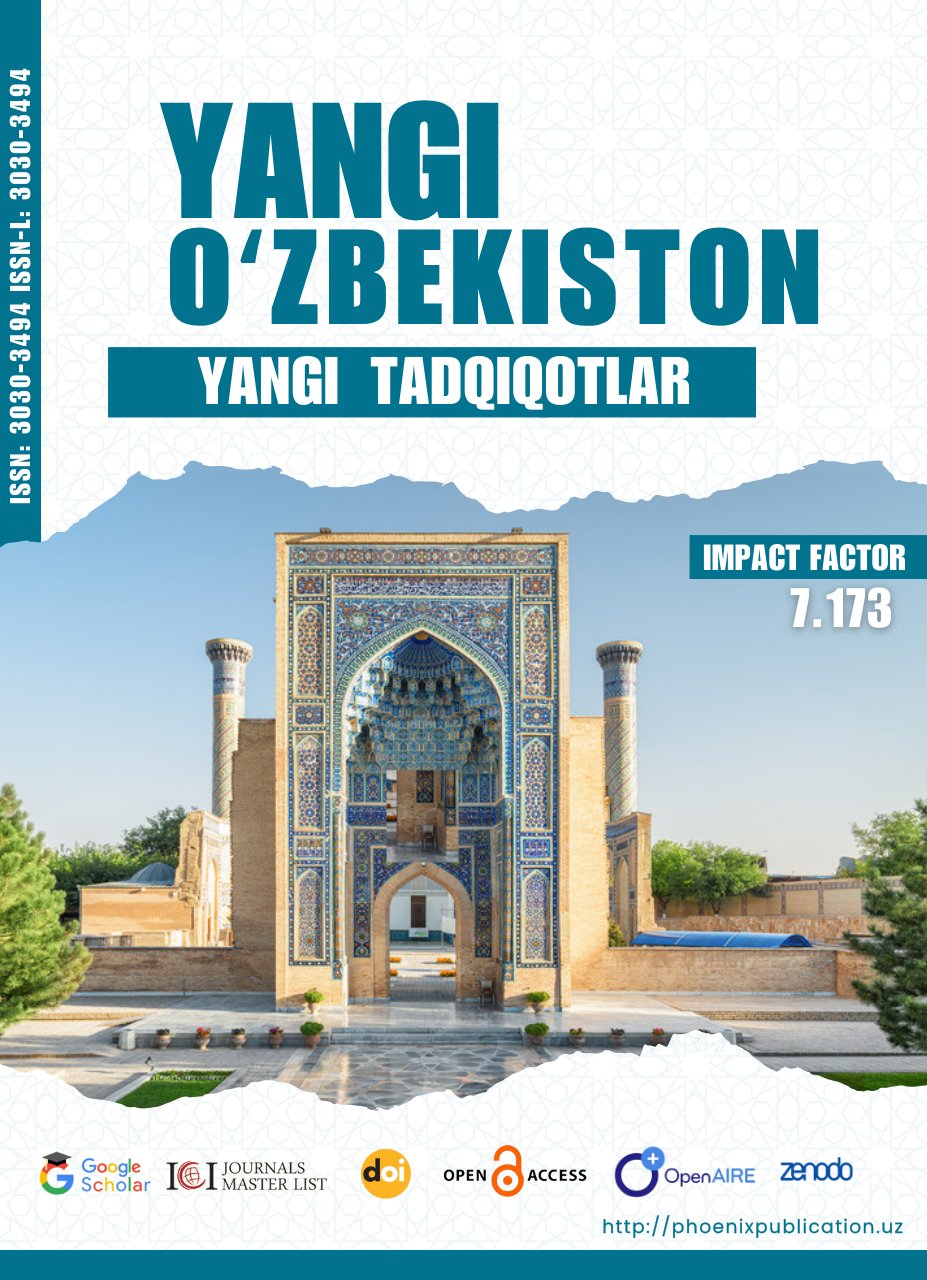Abstract
The demand for international English proficiency tests such as IELTS and TOEFL has significantly increased among Uzbek students due to the growing necessity for global academic and professional opportunities. However, many test-takers encounter substantial obstacles, including limited access to quality learning resources, inadequate exposure to English-speaking environments, and deficiencies in critical thinking and academic writing skills. This study employs the IMRAD methodology to investigate the primary challenges faced by Uzbek students in preparing for these exams and proposes effective strategies to enhance their performance. A qualitative research approach was adopted, incorporating academic literature reviews, survey responses from IELTS and TOEFL candidates, and expert opinions from English instructors. The findings indicate that while students often possess strong grammatical foundations, they struggle with lexical diversity, spontaneous speaking fluency, and complex argumentation in writing. Moreover, disparities in educational quality between urban and rural areas exacerbate these difficulties. To address these issues, this paper recommends targeted curriculum reforms, the integration of digital learning tools, and immersive language-learning experiences. The study concludes that a multi-faceted approach is essential to bridge the gap between theoretical knowledge and practical application, ultimately improving Uzbek students' success rates in these high-stakes exams.
References
British Council. (2022). IELTS Official Guide: Test Preparation and Strategies. Cambridge University Press.
2. Educational Testing Service (ETS). (2023). TOEFL Test Preparation Manual. Princeton, NJ.
3. Ministry of Higher Education of Uzbekistan. (2021). English Language Education Reforms in Uzbekistan. Tashkent.
4. Liu, J., & Edwards, C. (2020). Developing Academic English Proficiency: Strategies for Non-Native Speakers. Routledge.
5. McCarten, J. (2018). English Vocabulary in Use: Advanced. Cambridge University Press.
6. Hyland, K. (2004). Genre and Second Language Writing. University of Michigan Press.
7. Nation, P. (2013). Learning Vocabulary in Another Language. Cambridge University Press.
8. Richards, J. C., & Rodgers, T. S. (2014). Approaches and Methods in Language Teaching (3rd ed.). Cambridge University Press.
9. Graddol, D. (2006). English Next: Why Global English May Mean the End of 'English as a Foreign Language'. British Council.
10. Krashen, S. D. (1982). Principles and Practice in Second Language Acquisition. Pergamon.
11. Brown, H. D. (2007). Principles of Language Learning and Teaching (5th ed.). Pearson Education.
12. Chappelle, C. (2011). Computer-Assisted Language Learning: Critical Concepts in Linguistics. Routledge.
